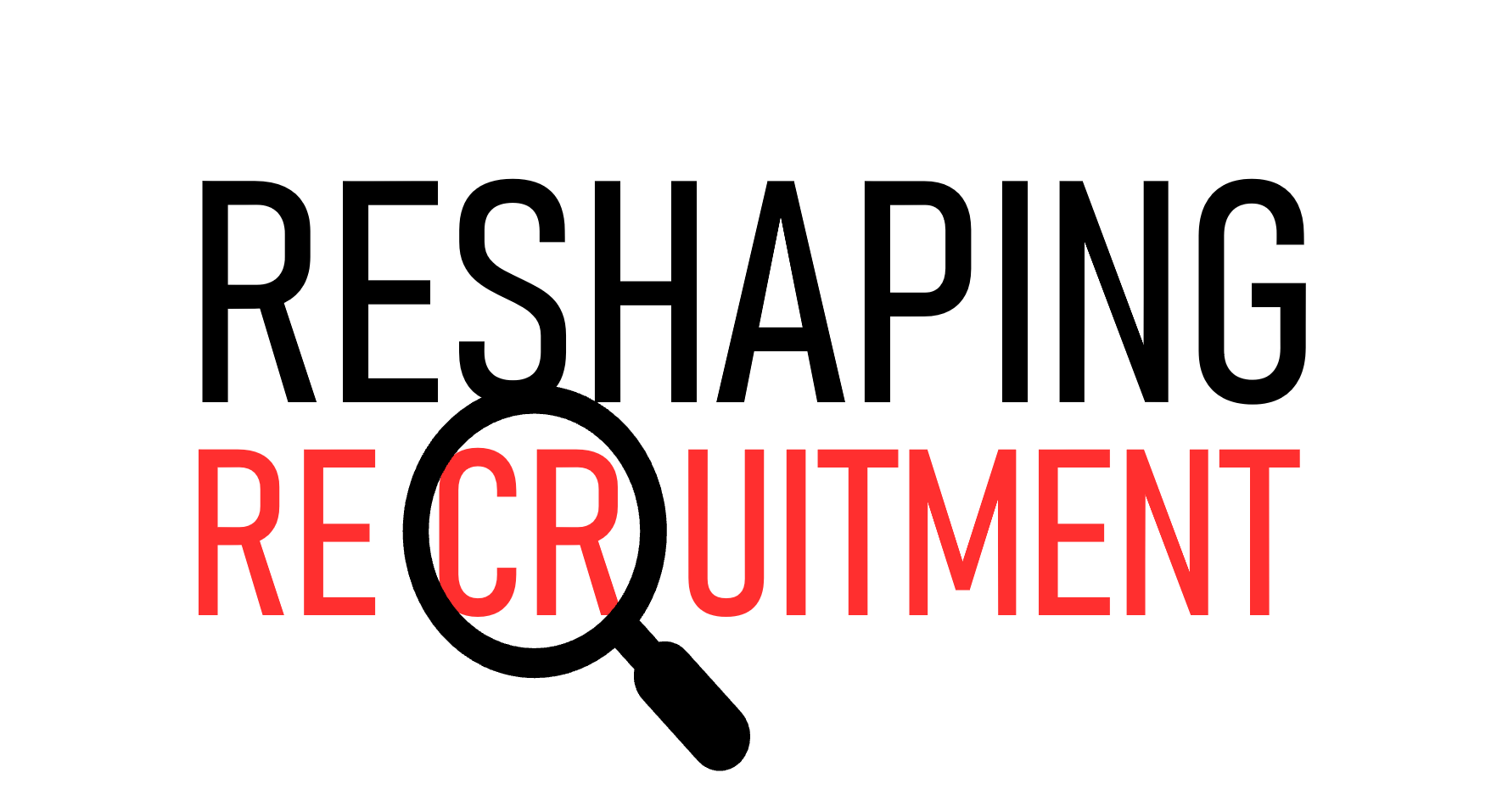
AI Web Search Will Transform Sales Forever
AI Web Search Will Transform Sales Forever
I spent last week testing Claude's new web search capabilities, and what I discovered has completely changed my thinking about the future of sales automation. This isn't some minor update—it's a fundamental shift in how AI tools for sales will empower teams. By connecting AI assistants to the live web, we're witnessing the birth of something that will reshape how businesses identify, pursue, and close deals.
For years I've been implementing AI systems in sales departments, but always with a significant limitation: the information was only as current as the last training data. Now that barrier is crumbling.
The Difference Between Then and Now
Before this development, AI assistants like Claude were powerful but essentially blind to the current world. They couldn't tell you about a prospect's latest product announcement, recent leadership changes, or yesterday's industry news. Sales enablement still required separate research, manually feeding information to their AI tools.
That changes everything.
With AI-powered sales assistants now integrated with web search, Claude can now pull real-time information about companies, markets, and individuals. It can analyze a prospect's recent press releases, scan their latest quarterly reports, and synthesize industry trends from multiple sources—all while providing sources for verification.
This isn't just convenient. It's transformative for how sales teams prepare, engage, and close.
Why This Matters for Sales Teams
I've watched sales reps spend hours researching before important calls. With web-connected AI, that research time collapses from hours to minutes. More importantly, the quality dramatically improves.
Imagine walking into a B2B sales call knowing not just the basics about your prospect, but understanding their recent challenges, opportunities, and public statements. Imagine having analyzed their competitors' moves and identified potential sales objections they haven't even articulated yet.
The conversations change completely.
One financial services client implemented an early version of this approach, and their discovery calls transformed from generic probing to targeted discussions that demonstrated deep understanding. Prospects frequently asked, "How did you know that was our biggest challenge?"
The Coming Wave of Sales Intelligence
By 2025, I believe web-connected AI will be standard inside sales departments. The companies that adapt quickly will create massive competitive advantages over those that don't.
Here's what I see coming:
First, we'll see the emergence of what I call "intelligence-first selling." Rather than starting with a product pitch and trying to fit it to customer needs, sales teams will begin with AI-generated intelligence about the prospect's situation and work backward to relevant solutions.
Second, sales velocity will increase dramatically. Deals that took weeks of research, multiple discovery calls, and lengthy proposal processes will compress into days. When your AI assistant can instantly analyze a prospect's entire digital footprint, you skip steps that previously took significant time.
Third, the balance between human and machine intelligence—what I call the Hybrid AI Workforce—will reach new levels of sophistication. The best sales teams won't just use AI; they'll develop unique workflows that maximize both human and artificial intelligence.
What This Means for Your Team
The companies winning with AI in sales aren't replacing their people—they're augmenting them. This aligns perfectly with my philosophy that AI in saes is just a tool. The value comes from how you use it.
When I implement these systems, we focus on three key areas:
Creating AI-human workflows that leverage each for their strengths. Humans excel at building relationships, reading subtle emotional cues, and creative problem-solving. AI excels at sales prospecting, lead generation, and tireless research.
Developing sales intellignece platforms that make information actionable. It's not enough for AI to gather information—it needs to organize and present it in ways that enhance human decision-making.
Training sales teams to ask better questions. The quality of intelligence you get from AI depends entirely on how you direct it. Sales reps who know how to prompt AI will consistently outperform those who don't.
Preparing for the Future
The window for gaining competitive advantage is small. Within 24 months, these capabilities will be table stakes.
Start by examining your current sales research practices. How much time do your reps spend gathering information before engaging prospects? That's your immediate opportunity for AI sales automation.
Next, look at your sales methodology. Does it leverage real-time intelligence, or is it built around standardized playbooks? The former will dominate in an AI-enabled world.
Finally, assess your team's AI literacy. The sales professionals who thrive won't necessarily be AI experts, but they will understand how to partner with these systems effectively.
The companies that view this as merely a technological change will miss the bigger picture. This is a fundamental shift in how sales teams identify opportunities, understand customer needs, and deliver value. It's not about having better tools—it's about reimagining the entire approach to modern sales.
I've spent twenty years in this industry, and I've never seen a development with more potential to transform sales organizations. The future belongs to those who recognize that AI isn't replacing the salesperson—it's creating an entirely new type of sales professional.

